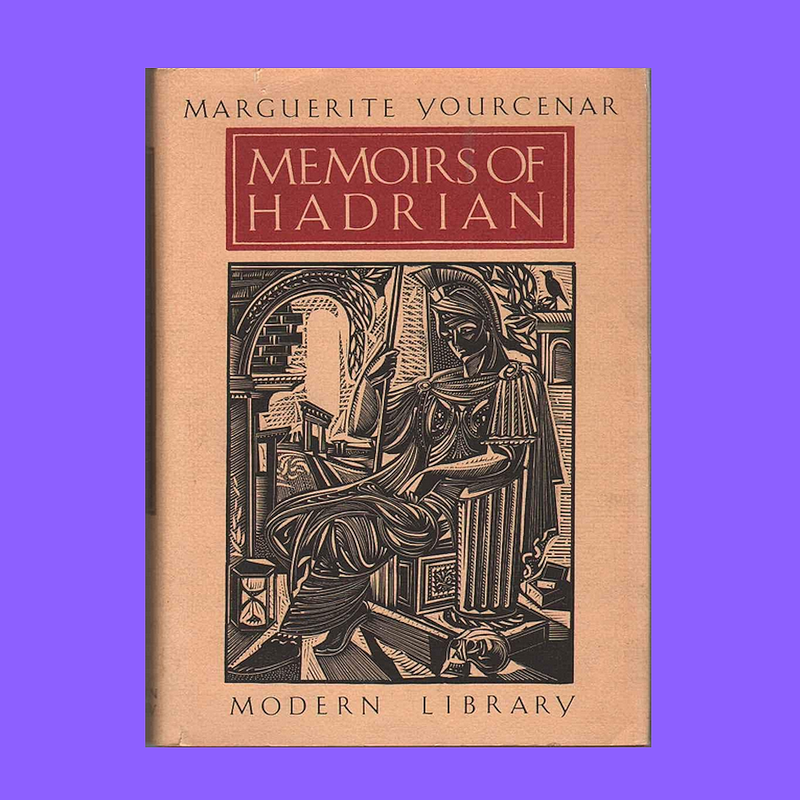|
On travels through South America in the 1980s, I was given this book and found myself transported by the intimate clarity of its directness to Rome and the first century AD and, more than that, to the timelessness of wisdom. This rare intelligence is, of course, Yourcenar’s, who effaces herself from the imagined memoir and leaves the stage to Hadrian.
His personal, political and military account is no confession: he is Emperor and recognizes no earthly judge above him. It means that he has no mind to be anything but candid and honest, and to take time and care in crafting the missive to his successor with the elegance that belongs to truth. Hadrian is unafraid to wield great power and deal death, but he is no Caligula and takes no perverse delight in it. He is a pragmatist, dealing with the over-extended Empire as best he knows. At all events, the author does not seek to judge, but to understand and portray. Yourcenar writes beautifully. She succeeds in evoking and making her own the refined, assured prose of the ancient classics without ever being donnish. Only Robert Graves comes close in this. There is a great absence of pride in Hadrian and of ego in his fictional amanuensis. Memoirs of Hadrian is simply one of the most accomplished books I have ever come across.
0 Comments
Leave a Reply. |
Blogging good books
Archives
July 2024
Categories |

 RSS Feed
RSS Feed
